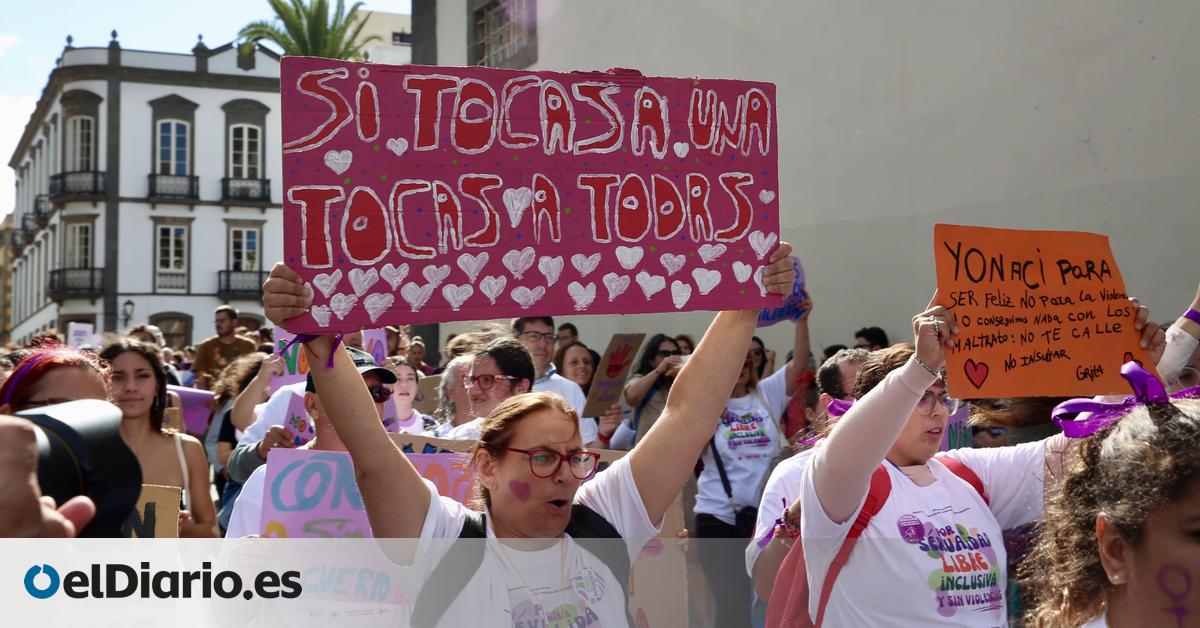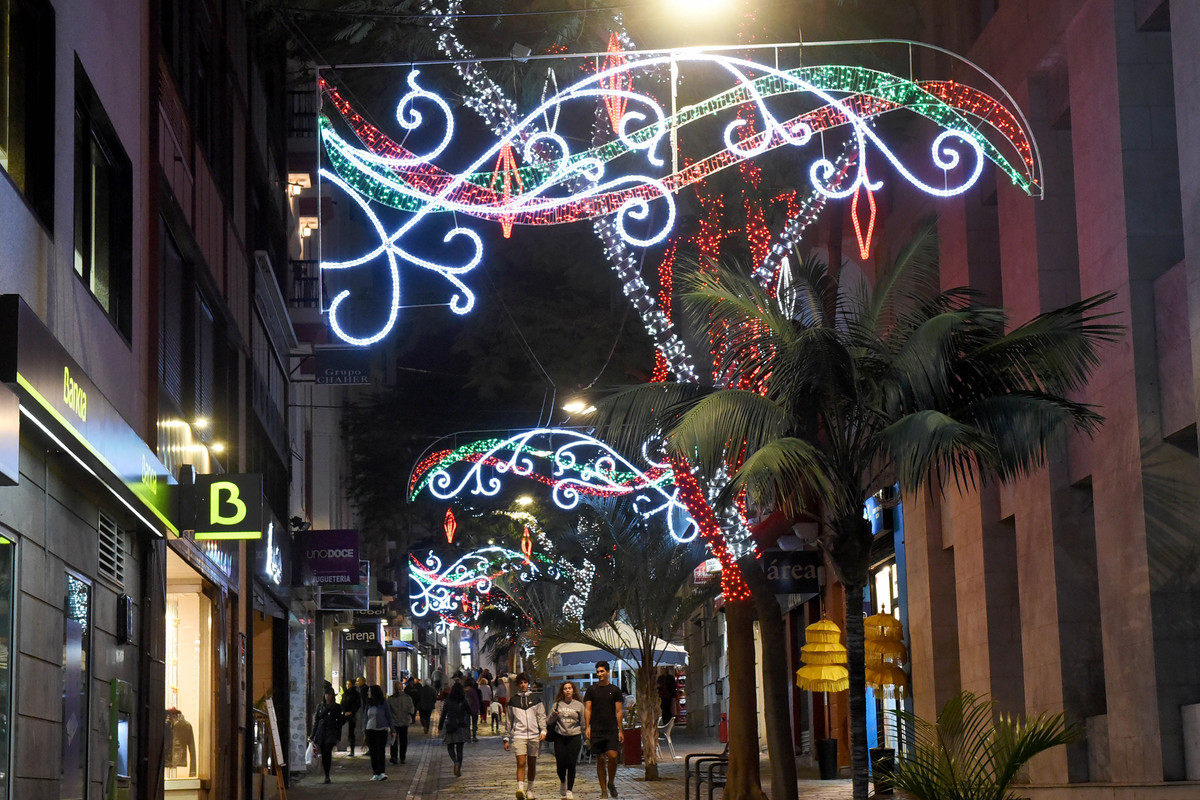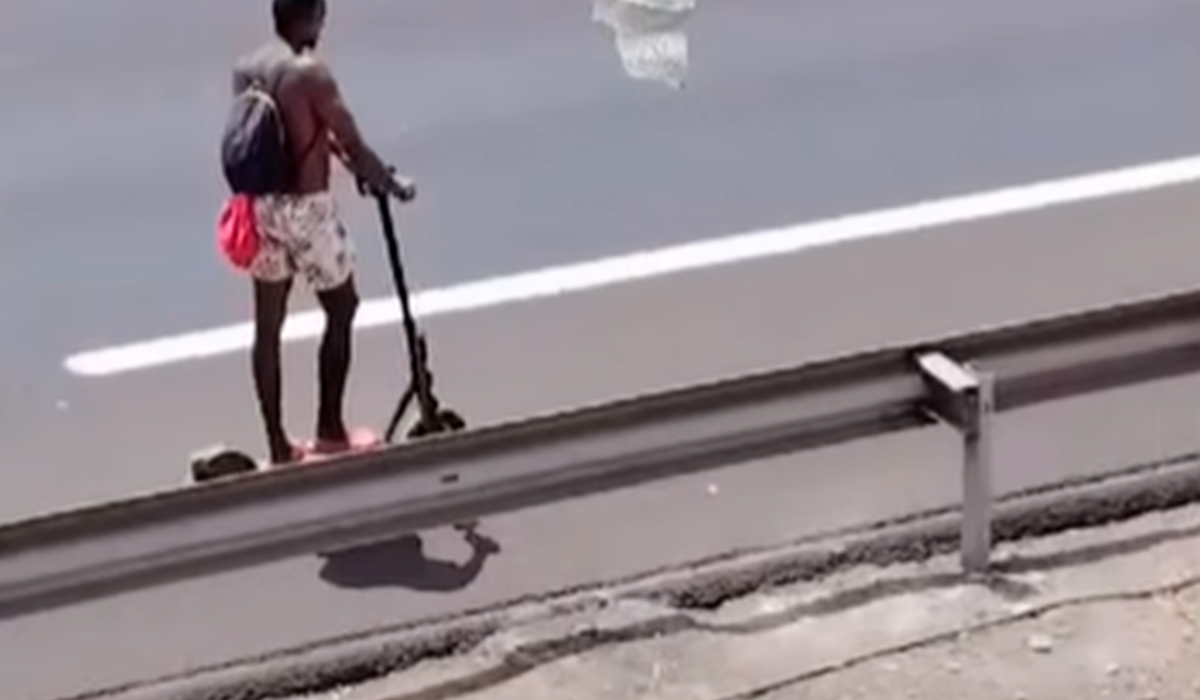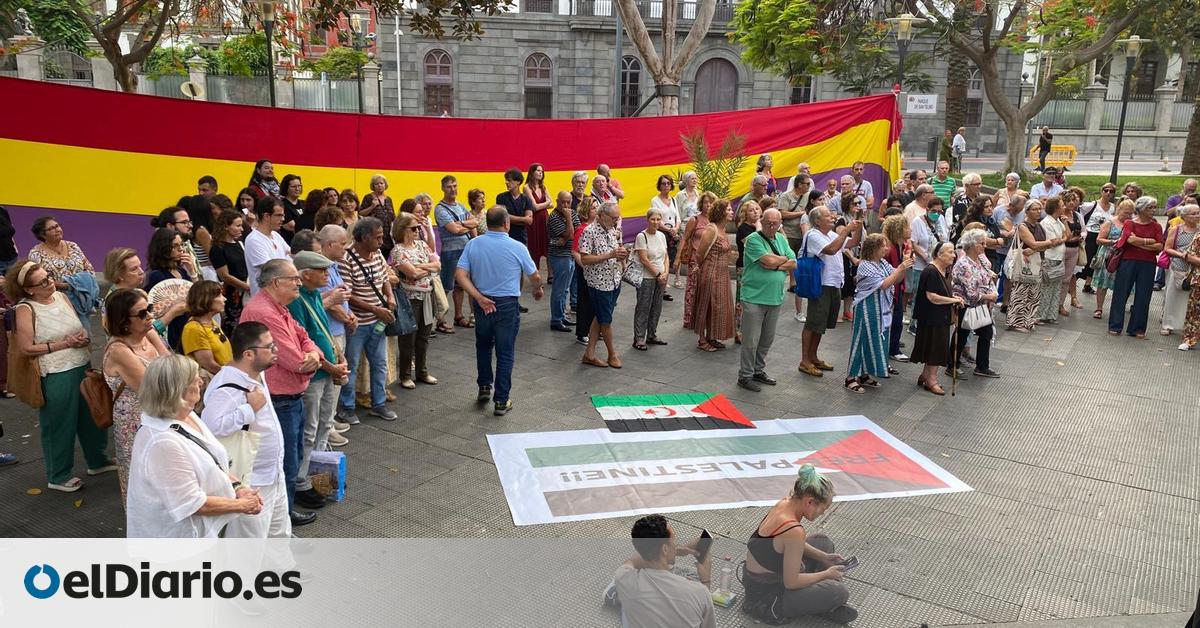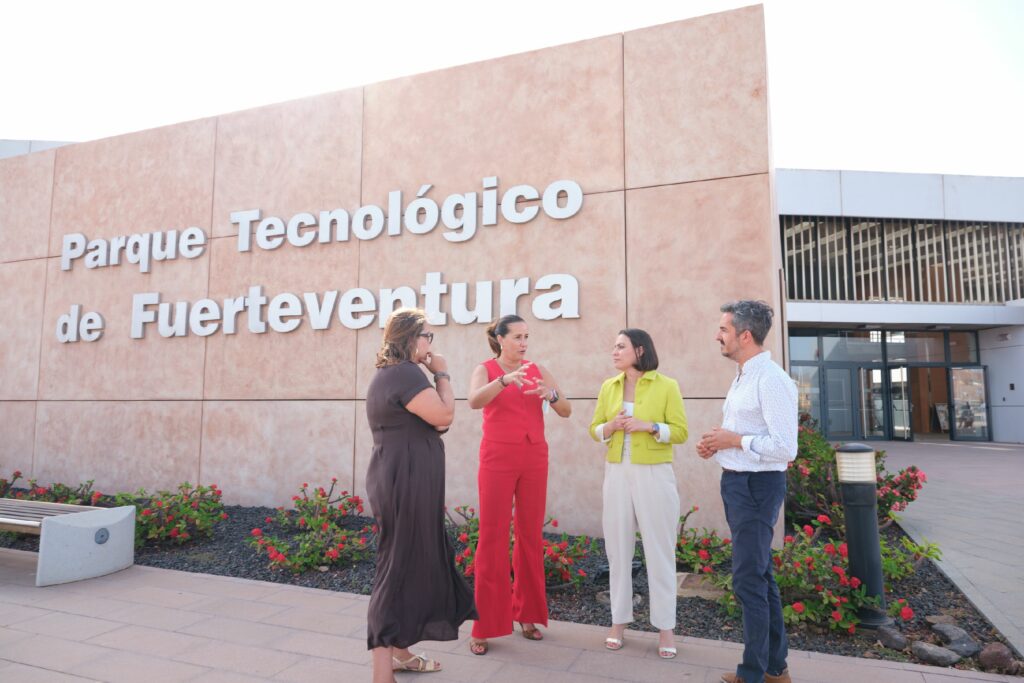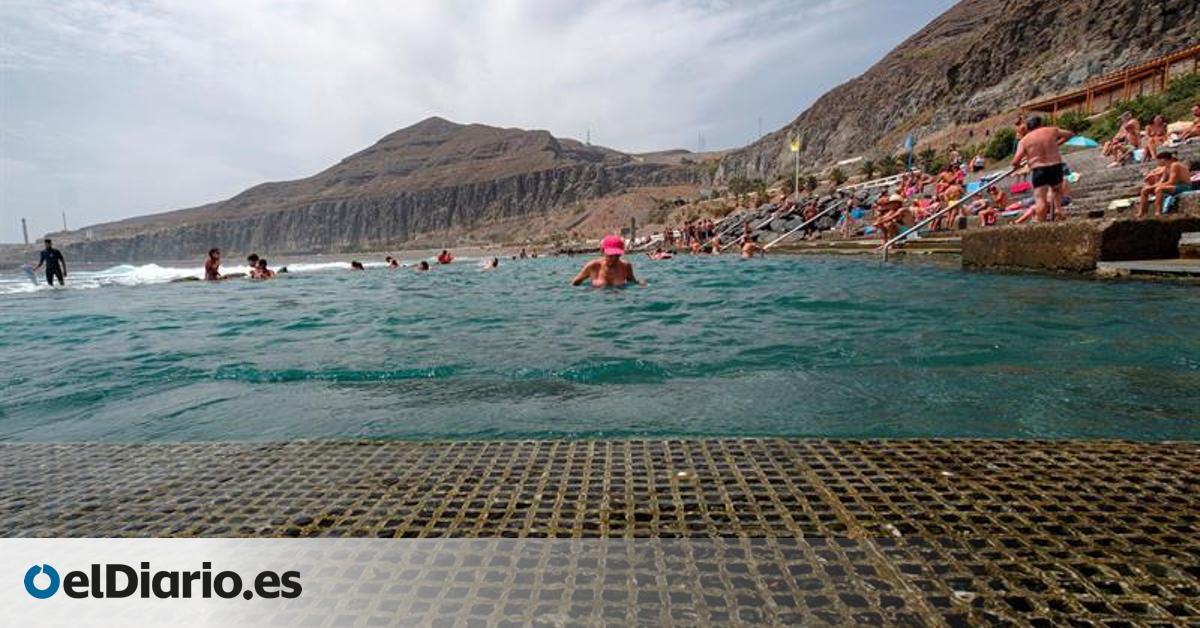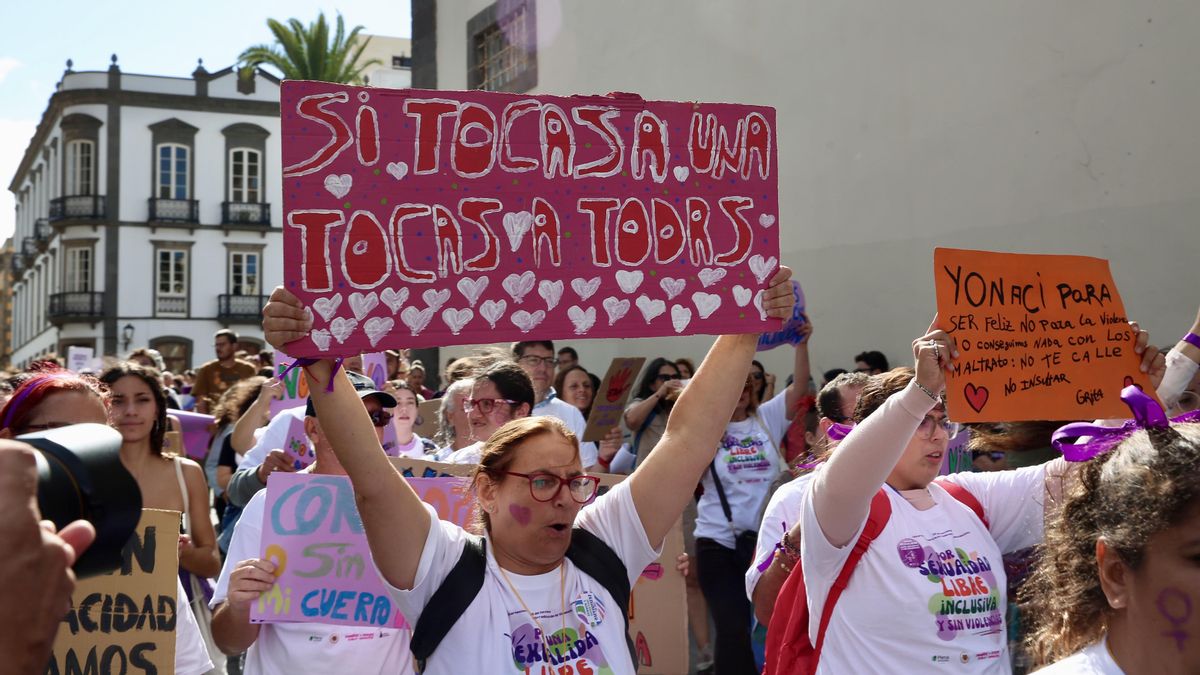
Specific Policies Needed for Elderly Women
The Gender Violence Forum of Tenerife and the Feminist Network of Canary Islands call for specific policies for older women. They highlight that during the summer months, victims are more exposed to their abusers, making additional resources essential in light of budget cuts.
Triana’s mother, the woman murdered in the Arenales neighbourhood, stated, “My daughter was a fighter.”
Statistics on Gender Violence
In July alone, the Canary Islands recorded 1,007 emergency calls for gender violence. This included cases where women’s lives were at risk.
The data, channelled through the 1-1-2 service, led to emergency response units for assaulted women being activated 206 times across the islands (DEMA).
Furthermore, 35 women, along with their 16 children, had to leave their homes to seek shelter in resources funded by the Institute of Equality (ICI) in collaboration with the councils.
These figures demonstrate that summer is a high-risk time for gender violence, a pattern that repeats every year, as experts have warned.
Experts Highlight Risks During Holidays
Nereida Vizuete, spokesperson for the Feminist Network of Gran Canaria, emphasises that this occurs during “all holiday periods and all moments of crisis. We saw this during COVID, we saw it when the La Palma volcano erupted. Everything that brings you closer to the abuser, or that makes families spend more time together, poses a risk to women. Ultimately, violence is not suffered in isolation or overnight; it is structural and experienced over time,” she summarises.
Elisa Pérez Rosales from the Canarian Forum Against Gender Violence identifies two critical periods: summer and Christmas.
“Because these are times when people are at home more, where abusers are continuously present, generating more situations of violence. Many women, who dare not report, find themselves in a situation of pure vulnerability with their children,” she points out.
She adds that abusers exercise significant control, instilling fear in victims.
Recent Call Data
In addition to the 1-1-2 call data, records from the helpline for victims of gender violence, 016, have revealed that between January and June this year, there were 3,360 calls in the Canary Islands. This marks an 11 percent decrease compared to the same period in 2024, as reported by the Canary Island Statistics Institute (Istac).
Combating Institutional Violence
Pérez Rosales stresses that one of the most important issues is the lack of trust many women have in the system. “It is clear that being registered in the VioGén system does not mean your life is free from violence,” she asserts.
The expert advocates for continued campaigns focusing on reporting incidents, saying, “We completely agree, but we must consider that many women do not report due to these circumstances. However, there is an added issue of institutional violence. This could be due to insufficient resources or questioning women’s statements time and again,” she explains.
Pérez Rosales emphasises that women often do not feel safe even when reporting and that abusers tend to stalk, harass, and, in many cases, lead to murder.
This Tuesday, it was also disclosed that the Ministry of the Interior has detected 104,187 active cases of gender violence victims in the VioGén system, with 6,655 of these cases in the Canary Islands.
Demand for More Resources Amid Cuts
Nereida Vizuete stresses the importance of resources and is highly critical of the Canary Islands Government, asserting, “They are neither here nor expected as the Canary Island Institute for Equality is either inactive or out of service.”
She notes that in its first year, the ICI relied on what was left behind by its previous director, Kika Fumero, but now there is uncertainty regarding next year’s projects.
The Feminist Network of Gran Canaria previously reported that the Canary Government cut the ICI budget. Its director, Ana Brito, claimed it would not be noticeable, stating they would source resources from wherever necessary. “Not only have they failed to find the needed resources, but there are continuously fewer,” she adds.
“What should happen is that these resources should be expanded. We observe that with more calls, more women require these resources,” she states.
Special Concern for Elderly Women
Data released a few weeks ago by the Social Welfare Department of the Canary Islands Government indicates that in the first seven months of the year, there were 101 alerts for elder women aged 76 and older related to gender violence. This is more than double the 47 alerts recorded in the same period last year.
Regarding this statistic, the spokesperson for the Feminist Network of Gran Canaria highlights that efforts have been made to reach these women, although there is still much progress to be made regarding specific resources.
“Rural areas have significant characteristics; everyone knows each other, making it challenging to report or turn to public resources in your municipality or even nearby,” she remembers. In this context, she recalls a guide for intervention with rural women initiated by Asiria Álvarez through the Council.
Elisa Pérez Rosales emphasises the need for more policies focused on these women, noting that ageism significantly impacts them. “They also require specific attention, specific resources, and awareness campaigns that address this part of the female population,” she adds.
A member of the Tenerife Gender Violence Forum points out that studies conducted by the University of La Laguna have revealed that elderly women often take much longer to recognise situations of gender violence because they have normalised many situations that are genuinely violent but do not identify them as such.
One study highlighted that one in three women receiving assistance for gender violence in Tenerife had lived with their abuser for over 50 years.
“There is also a significant difference between rural and urban areas. For example, even accessing resources in rural areas is challenging if they are in their municipality. Thus, resources have been structured so that it is not necessary to go to resources in your municipality; you can move to a different municipality,” Pérez Rosales states.
“However, we must consider that these women may not have sufficient means to travel between municipalities to report these situations. Therefore, the needs of elderly women regarding their ability to report gender violence are not being adequately addressed,” she adds.
Pérez Rosales insists that much hidden violence exists. “What we know through reports reflects the data we have, but we know there are many older women living in these situations who see no alternatives for escaping. Therefore, resources and awareness of these resources must be specifically directed towards these women,” she adds.
Another form of violence affecting elderly women is economic, as many worked in precarious jobs without contracts and now receive non-contributory pensions or depend on their abuser for economic survival.
111 Murders in the Canary Islands
Since records began in the Canary Islands, 111 women have been murdered due to gender violence, according to Canary Law, which counts not only those killed by their partners or ex-partners. However, the murder of Triana, the woman killed in the Arenales district in April of this year, has not yet been included in this record.
Moreover, this year, a gender-based crime from 2020 in San Bartolomé de Tirajana was revealed. A woman was dismembered by her husband, and the Ministry of Equality has classified it as a case of gender violence.
According to the Government Delegation, this year in the Canary Islands, the murder of María del Carmen, killed in the El Zardo area of Las Palmas de Gran Canaria in June, is classified as a gender-based crime, along with that of Diana Carolina, a 48-year-old woman also killed in Las Palmas de Gran Canaria.
However, there are more cases under investigation as gender-based crimes according to Canary Law, including that of a father being investigated for causing the accident in Arona, which resulted in the death of his daughter, who was with her ex-partner at the time.
María Remedios was also murdered by her son in La Laguna, a crime condemned by the Canary Islands Government as gender violence.


